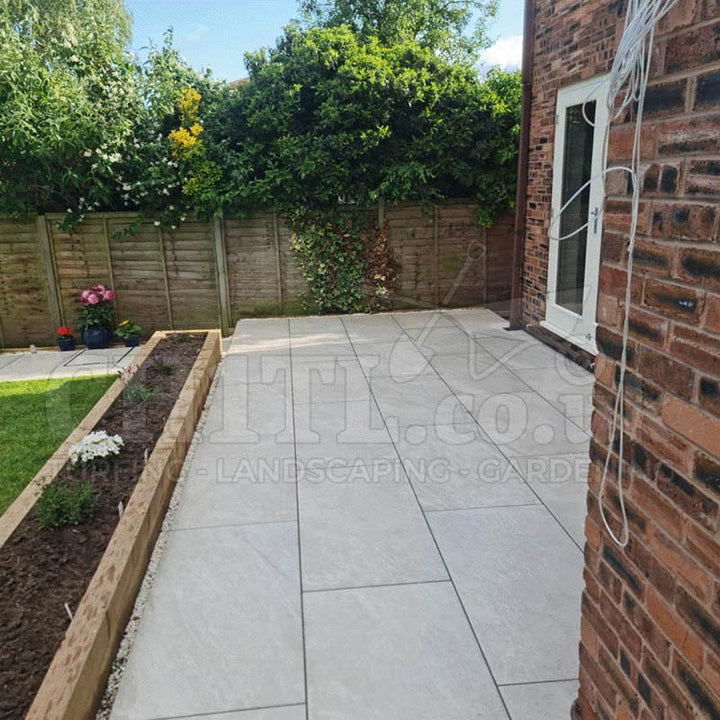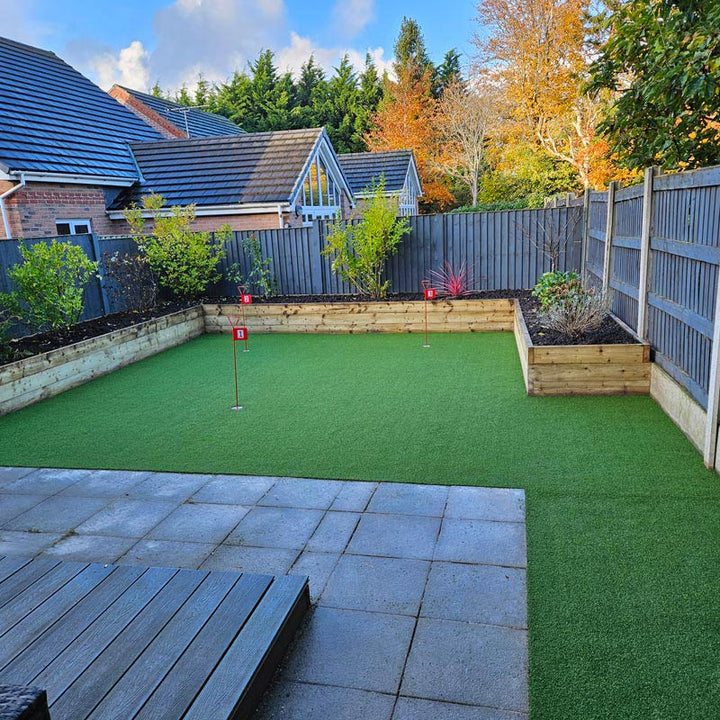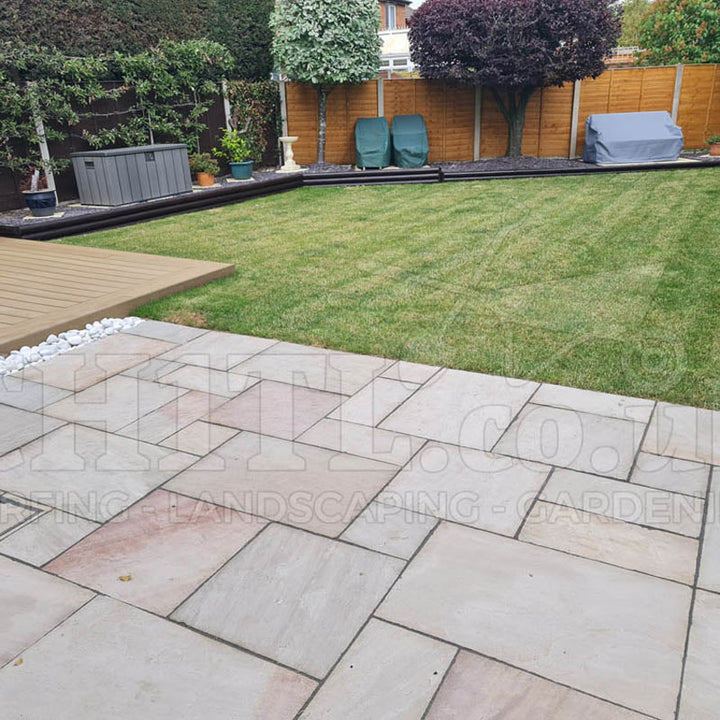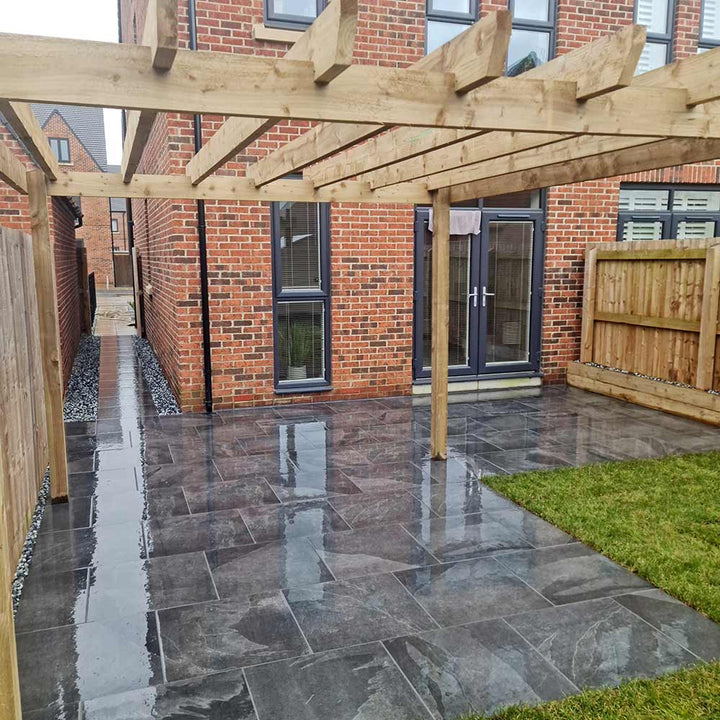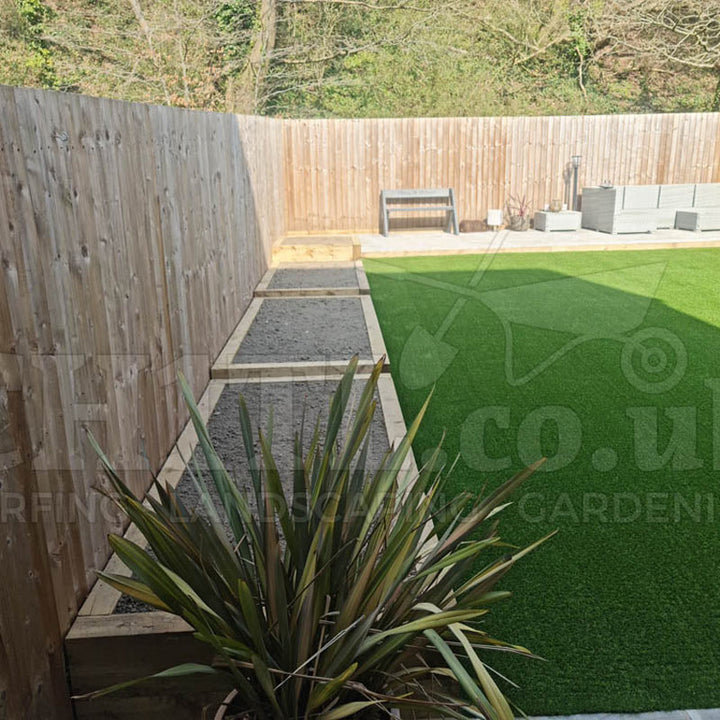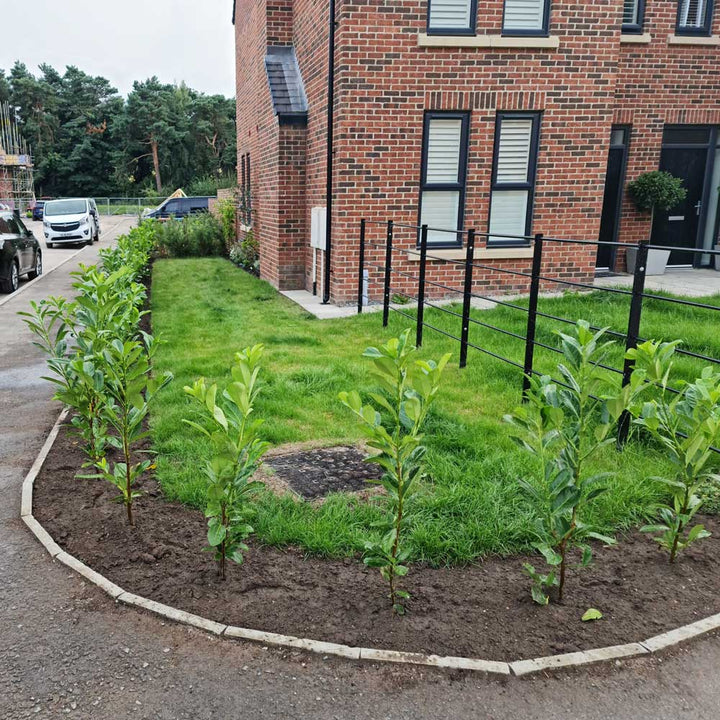
Gardening is more than just a hobby; it’s an art that blends patience, knowledge, and care to create beautiful landscapes and thriving plants. Whether you are a beginner or an experienced gardener, staying up to date with the latest gardening tips and planting tips can significantly improve your gardening success.
In 2025, with technological advancements, climate change adaptations, and sustainable practices, gardening has evolved with new techniques and tools.
In this guide, we’ll cover pro planting and gardening tips for 2025 to help you grow healthier plants, maximise yield, and maintain a sustainable garden.
Essential Gardening Tips for 2025
The foundation of successful gardening lies in careful planning, proper soil management, and strategic plant selection. Implement these gardening tips to optimise your garden this year.
Plan Your Garden Layout
-
Choose a sunny location for plants that require full sun (6-8 hours daily).
-
Arrange plants according to their water and sunlight needs.
-
Use raised beds or vertical gardens if you have limited space.
Improve Soil Quality
-
Conduct a soil test to check pH levels and nutrient content.
-
Enrich your soil with organic compost, mulch, and natural fertilisers.
-
Rotate crops annually to prevent soil depletion and diseases.
Practice Companion Planting
-
Tomatoes and Basil: Basil improves tomato growth and repels pests.
-
Carrots and Onions: Onions deter carrot flies.
-
Marigolds and Vegetables: Marigolds keep pests away and improve soil health.
By implementing these gardening tips, you can create a well-structured, nutrient-rich, and productive garden that thrives throughout the seasons.
Advanced Planting Tips for Healthier Plants
To ensure strong, productive plants, follow these planting tips and techniques.
Choose High-Quality Seeds and Plants
-
Choose disease-resistant seeds that suit your local climate.
-
Use heirloom and organic seeds for better biodiversity.
-
Experiment with hybrid plants for increased yield and pest resistance.
Smart Planting Methods
-
No-Dig Gardening: Helps maintain soil structure and retain moisture.
-
Hydroponics and Aeroponics: Soil-free planting methods for maximum efficiency.
-
Seed Tapes and Smart Planters: To ensure even spacing and optimised plant growth.
Watering Techniques for Strong Roots
-
Water deeply and less frequently to encourage deep root growth.
-
Use soaker hoses or drip irrigation for precise watering.
-
Water in the early morning or late in the evening to minimise evaporation.
By following these planting tips, you can cultivate stronger, healthier plants that thrive in various conditions.
Sustainable Gardening Practices for 2025
With climate change impacting global agriculture, sustainable gardening practices are more important than ever. Here are some eco-friendly gardening tips to reduce waste, conserve resources, and promote biodiversity.
Use Organic and Natural Fertilisers
Composting kitchen scraps and yard waste is an effective way to create organic fertiliser that improves soil health. Natural fertilisers like fish emulsion, seaweed extracts, and manure provide essential nutrients while promoting plant growth. These alternatives nourish the soil without harming its microbial ecosystem.
Avoiding synthetic chemicals helps maintain balance, ensuring long-term soil fertility. By adopting organic fertilisers, you support a more sustainable and eco-friendly garden.
Conserve Water with Smart Irrigation
Collecting rainwater in barrels is an effective way to conserve water and reduce dependency on municipal supplies. Drip irrigation systems deliver water directly to plant roots, minimising waste and promoting deep root growth.
Mulching around plants helps retain soil moisture, reduces evaporation, and keeps the soil temperature stable, ensuring plants receive adequate hydration.
Encourage Pollinators and Beneficial Insects
Planting native flowers attracts bees, butterflies, and birds, ensuring better pollination and plant reproduction. Avoiding chemical pesticides helps protect beneficial insects that naturally control pests.
Creating small wildlife habitats, such as log piles or bee hotels, supports biodiversity and promotes a balanced ecosystem, ultimately leading to a healthier and more productive garden.
Tech-Driven Gardening Innovations in 2025
Technology continues to revolutionise gardening, making it easier and more efficient. Smart gardening devices, vertical gardening techniques, and AI-driven automation are shaping the future of gardening. These advancements help optimise plant growth, conserve resources, and improve overall garden management.
Smart Gardening Devices
-
Use soil sensors to monitor moisture levels and nutrient content.
-
Install automated irrigation systems controlled via smartphone apps.
-
Try AI-powered garden planners that optimise plant placement and growth.
Vertical and Indoor Gardening
-
Utilise hydroponic towers or wall planters for indoor gardening.
-
Grow herbs and vegetables in LED-lit smart gardens.
-
Use self-watering pots for low-maintenance gardening.
AI and Robotics in Gardening
-
Robotic weeders can remove unwanted plants without harming crops.
-
AI-driven pest control monitors can detect infestations early.
-
Automated greenhouses adjust temperature and humidity based on plant needs.
Conclusion
Gardening in 2025 is all about blending traditional techniques with modern innovations. By implementing pro planting and gardening tips, you can create a thriving, sustainable garden that produces healthy plants and maximises yield.
